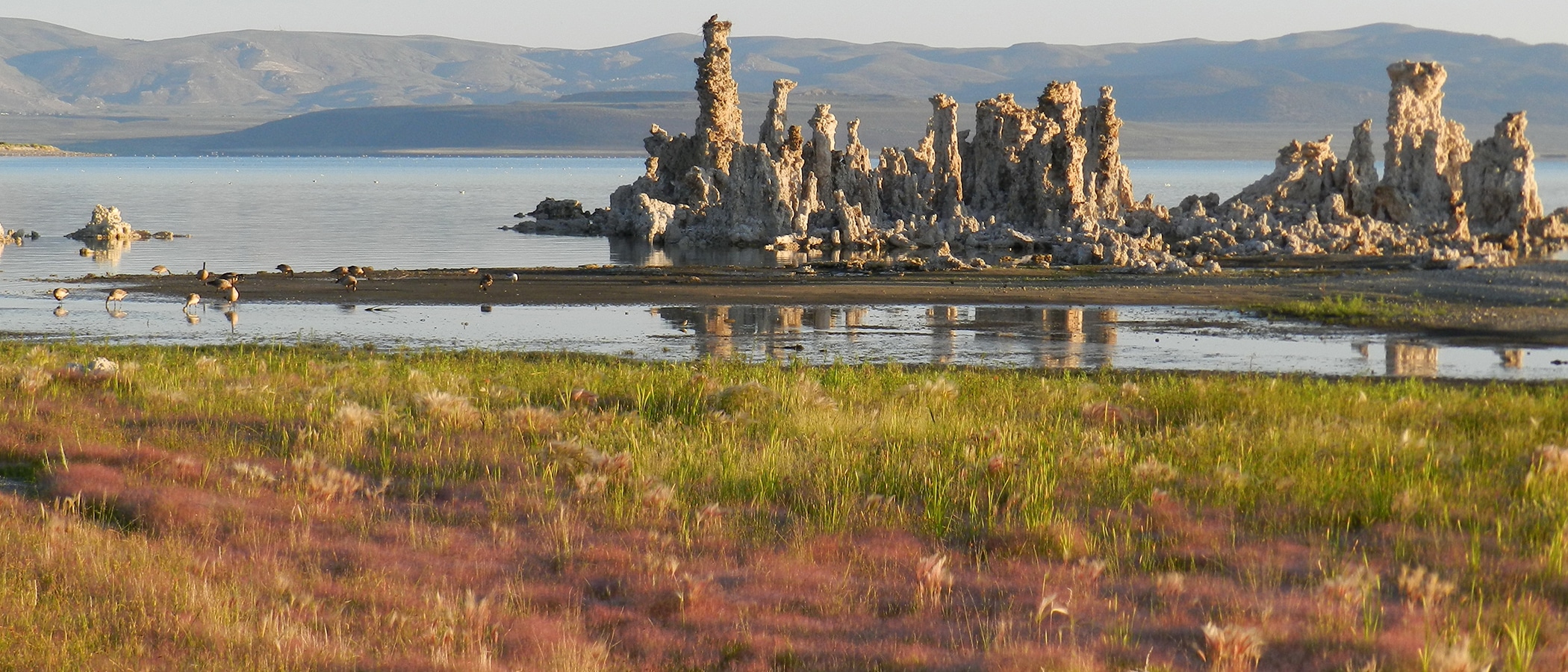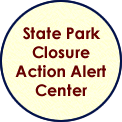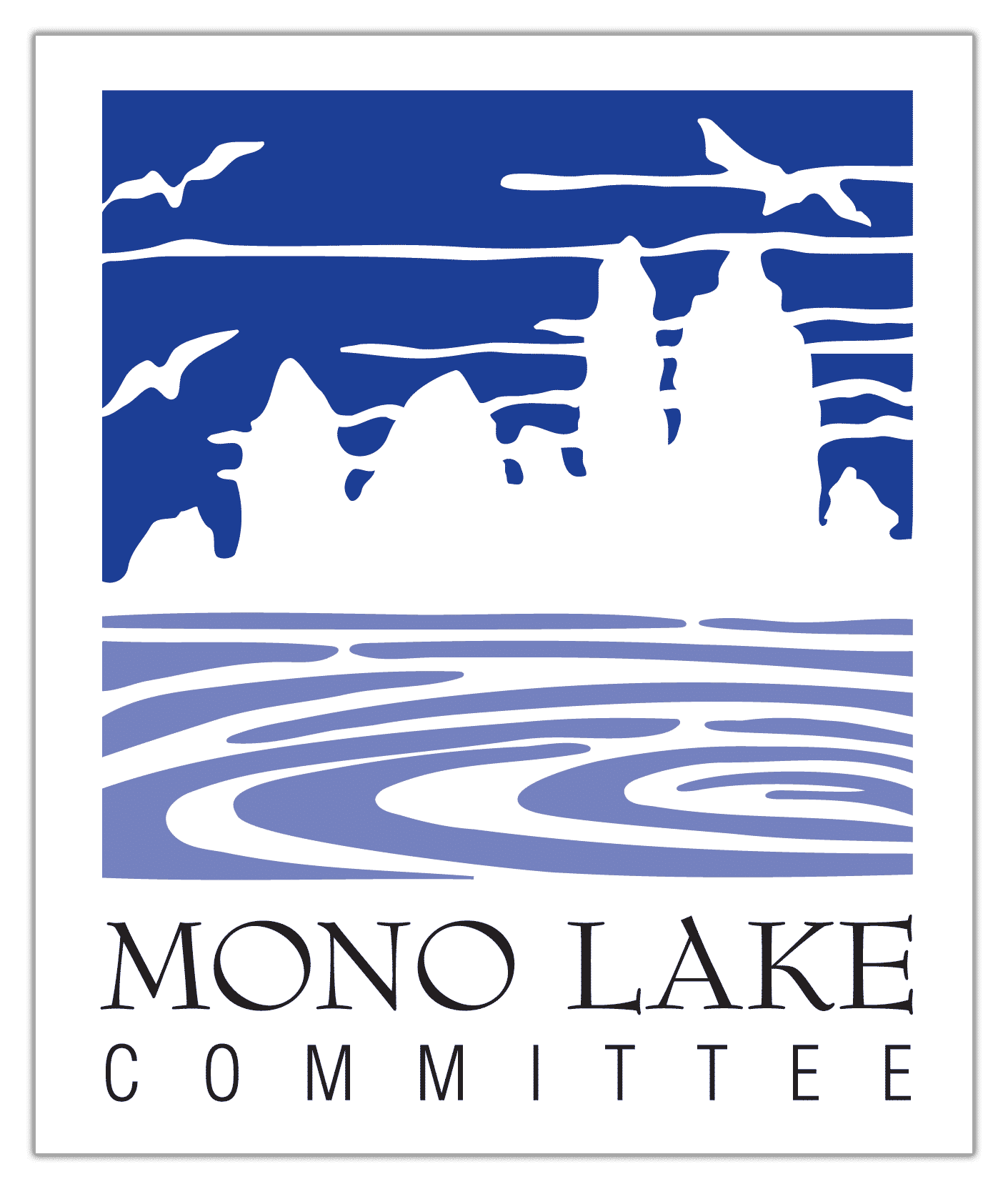
 Yesterday, on the fourth floor of the state capitol in Sacramento, the future of California’s state parks received a three hour hearing from legislators on the Budget Conference Committee.
Yesterday, on the fourth floor of the state capitol in Sacramento, the future of California’s state parks received a three hour hearing from legislators on the Budget Conference Committee.
Front and center: the Governor’s proposal to close 220 state parks including Mono Lake and Bodie.
I drove over to join Betsy Reifsnider, the Mono Lake Committee’s Sacramento Policy Associate, to testify and present over 900 public letters in opposition to closing the Mono Lake Tufa State Reserve, Bodie State Historic Park, and indeed all state parks.
That’s right: over 900 letters!! Thank you to everyone who wrote a letter so quickly. (If you haven’t done so yet, please do: we’re still gathering letters for the next phase of this campaign). Legislators were curious what the huge stack of paper I was carrying could be, were sympathetic to your concerns, and all your comments are now in the official record.
We also presented Mono County’s letter opposing closure of Bodie and Mono Lake, which the county Supervisors passed in an emergency action that same day. The County made excellent points and was the only California county or local government that responded to the threat so quickly. Clearly the legislators were impressed. You can read more on Mono County’s action here.
In addition, we spoke on the critical economic benefit of the Mono Lake and Bodie parks bring to our local Mono County tourism-based economy and the importance of the Mono Lake park in protecting Mono Lake and its tufa and wildlife as a public trust resource for us and future generations.
Over 100 people from across the state also spoke in support of the park system. Testimony came from organizations such as the California State Park Rangers Association and California State Parks Foundation and from individuals who volunteer or work with nonprofits at individual parks.
Here are a few of the interesting points that came up from the testimony:
- Even during the depths of the Great Depression, California operated its state park system in order to offer low cost, close to home recreational opportunities and to preserve the cultural and natural heritage of the state.
- most parks do not have a gate and can not be “closed” in the sense of stopping access. That leaves the vulnerable to vandelism, theft, encampment, drug labs, and (mentioned frequently) threat of catastrophic wildfire from unmanaged camping use.
- Californians have spent hundreds of millions of tax dollars to acquire parks and construct facilities. Closing them prohibits citizens from accessing what they have already paid for.
No decisions or vote on the parks final fate were made as the budget hearings continue through the week on other budget topics.
